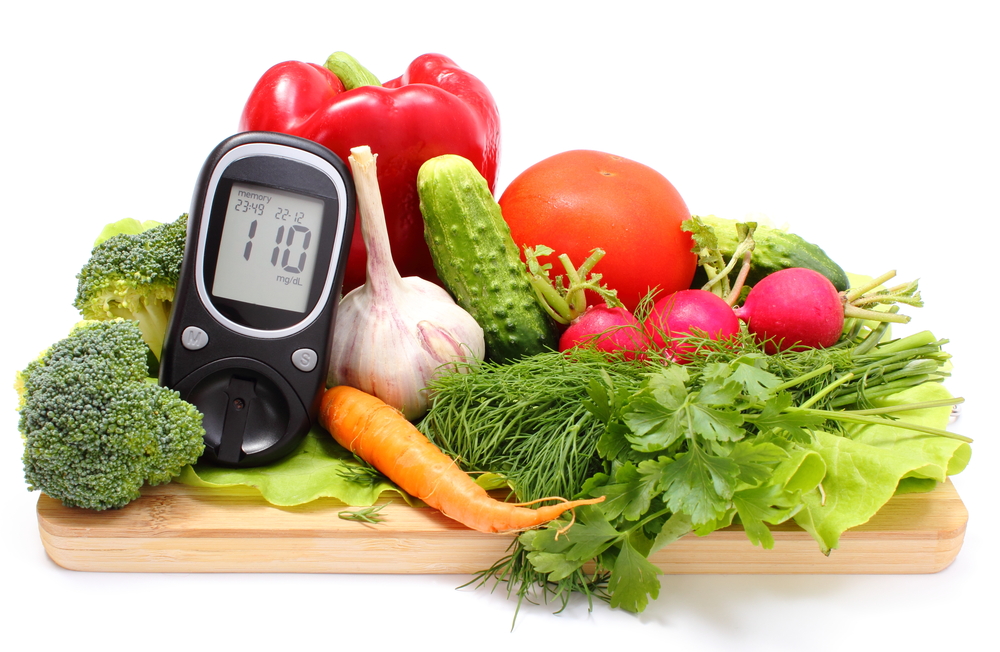Taking an ‘awe walk’ can boost feelings of happiness

A regular dose of awe is the latest way to boost healthy emotions such as kindness and gratitude. So says a recent study published in the journal Emotion[i]. The study which followed a group of older adults who took weekly 15-minute awe walks over eight weeks reported increased positive emotions and less stress in their lives.
Awe can be found almost anywhere but is most likely to be found in places that involve two key features – physical vastness and novelty – say the researchers. Historic monuments, tall buildings, botanical gardens and starry nights are all thought to be potentially awe-inspiring.
Want to go an awe walk? Aim to walk alone for at least 15 minutes and look out for vast and unfamiliar things. And most important put your phone on aeroplane mode to avoid distraction or turn it off. Finally choosing a different location each week is advised, as you are more likely to feel awe in a new environment where the sights and sounds are unfamiliar.
Wrinkled peas found to help reduce the risk of type 2 diabetes

A type of wrinkled super pea could help control blood sugar levels and in turn reduce the risk of type 2 diabetes suggests a recent study carried out by scientists at Imperial College London, the John Innes Centre, Quadram Institute Bioscience and University of Glasgow [ii]
The reason? Unlike regular smooth peas these wrinkled peas contain higher amounts of resistant starch, which takes longer for the body to break down which in turn helps prevent sugar spikes. The same effect was seen with flour made from the peas, which opens up the possibility that they could be included in processed foods to help people with diabetes. More research is needed but watch this space.
Older people with busier lives found to have healthier brains

Scientists are always on the look out for new ways to protect against dementia and now it seems that older people with busier social lives have healthier brains. A study carried out by researchers from Pittsburgh University[iii] suggests that prescribing social activities could benefit older people in much the same way as urging someone to exercise more to help prevent diabetes or heart disease.
Activities that could be of benefit include taking part in board games, going to the cinema, attending classes and lectures or other community activities. Getting together with children, friends and relatives and volunteering were also found to be beneficial. Even moderate social activity such as seeing friends once a week could help.
Flavenols in tea and apples found to help support blood circulation

Following a Mediterranean diet has long been known to help protect against high blood pressure but now a study from the University of Reading[iv] shows that including plenty of tea and apples in your diet could be just as effective as eating fish, vegetables and olive oil in reducing blood pressure.
So, what’s the magic ingredient? The answer is flavenols – plant nutrients that have been shown to help support blood circulation and vessel health. Best sources include tea and apples. They are also found in smaller amounts in cacao and berries.
[i] https://neurosciencenews.com/awe-walk-emotional-wellbeing-17063/
[ii] https://www.imperial.ac.uk/news/207313/wrinkled-super-could-added-foods-reduce
[iii] The Journals of Gerontology: Series B, gbaa173, https://doi.org/10.1093/geronb/gbaa173
[iv] Ottaviani, J.I., Britten, A., Lucarelli, D. et al. Biomarker-estimated flavan-3-ol intake is associated with lower blood pressure in cross-sectional analysis in EPIC Norfolk. Sci Rep 10, 17964 (2020). https://doi.org/10.1038/s41598-020-74863-7




















Add comment